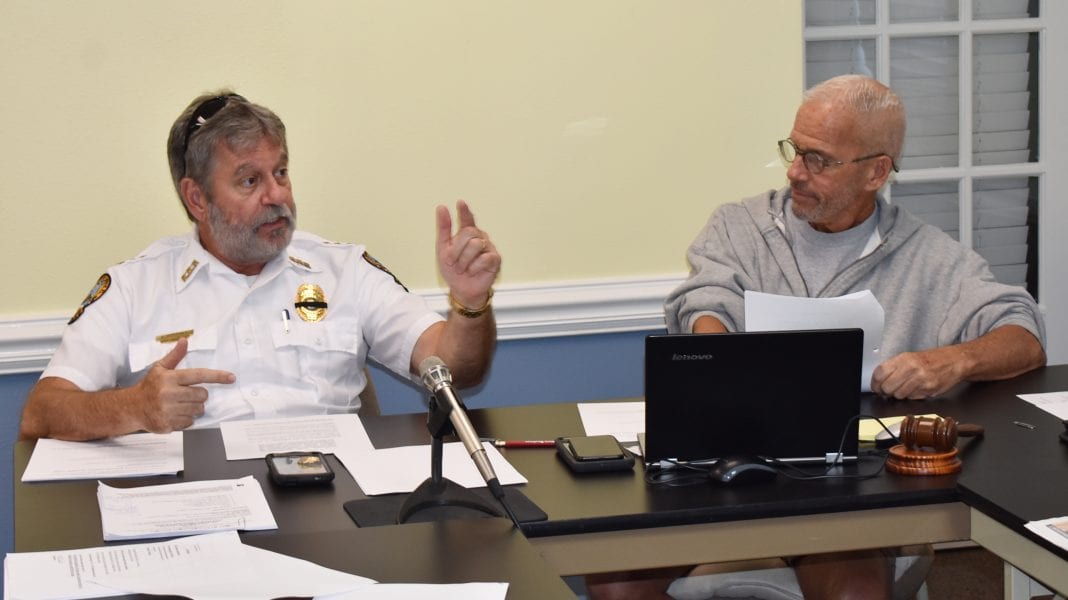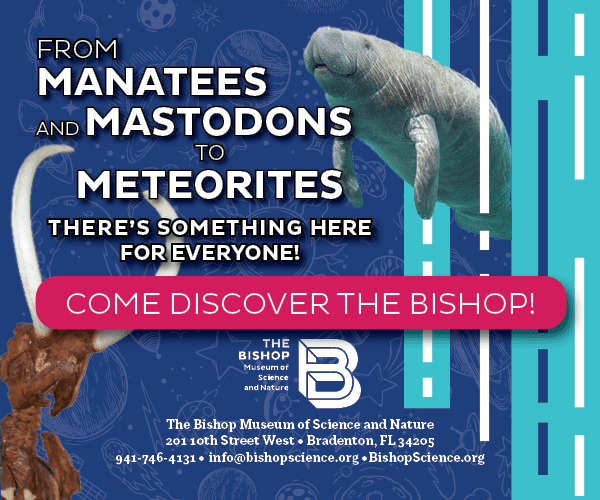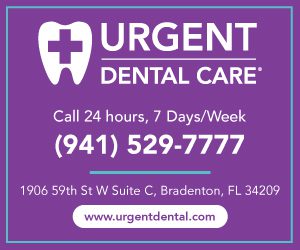BRADENTON BEACH – Made from hemp plants, CBD (cannabidiol) oils, creams and other products are legal in Florida, but Bradenton Beach’s drug-free workplace ordinance prohibits city employees from using them.
During the Tuesday, Sept. 10 commission work meeting, Police Chief Sam Speciale asked the City Commission to consider amending the city’s drug-free workplace policy to allow employees and officers to use legally available CBD products that contain only minuscule levels of THC – the cannabinoid that produces the sensation of being high.
Speciale said some city employees have approached him about the city’s drug-free workplace policy as it applies to CBD use. He said his research indicates non-THC CBD products contain less than one half of one percent of THC and it is unlikely those trace amounts would show up in a drug screen.
Speciale suggested amending the city’s drug-free workplace policy to allow the use of non-THC CBD products. He said his suggestion pertained only to “non-THC” cannabis products, and not to the use of medicinal marijuana and marijuana products that contain higher levels of THC.
The city adopted its drug-free workplace ordinance in 2015 and cannabinoids are one of 14 drugs, including alcohol, that city employees, including police officers, can be tested for if they are injured at work or involved in a work-related accident.
City employees sign a drug-free workplace acknowledgment form that includes the following language: “I understand that if I am injured in the course and scope of my employment and test positive, or refuse to be tested, I forfeit my eligibility for medical and indemnity benefits under the Workers’ Compensation Act.”
Code Enforcement Office Gail Garneau noted physicians can legally prescribe non-TCH CBD products to be obtained through regulated providers.
City Clerk Terri Sanclemente noted CBD products are legal according to state law but are still prohibited by federal law.
“The employees need to really be aware of what they’re giving up,” Sanclemente said in reference to risking their workers’ compensation coverage.
“The list of drugs in the policy is just the list of drugs the city can test for. The problem here is the definitions: Is it a legal drug or not? It’s legal in the state of Florida. It’s not legal as far as the federal government is concerned, so, where are we?” Building Official Steve Gilbert added.
Speciale said when he was recovering from back surgery, he was allowed to continue working while taking physician-prescribed, opiate-based hydrocodone pills. He questioned why that is allowed but using non-opiate, physician-prescribed CBD products is not.
Speciale said some employees seeking non-opiate pain relief might be willing to take the chance that their CBD products will not show up in a drug screen.
Mayor John Chappie asked if the city would be exposed to additional liability if city employees were allowed to use CBD products.
Sanclemente said she contacted the Florida League of Cities and was told allowing city employees to use CBD products could jeopardize the liability insurance the city receives through the league’s Florida Municipal Insurance Trust.
Chappie said his concerns extend beyond a city employee getting injured and failing a drug screen. He asked what would happen if a citizen or someone else was injured in an incident or accident involving a city employee allowed to use CBD.
“They come after the city and we don’t have the Florida League backing us up. They’ll have Morgan and Morgan here in a heartbeat,” Chappie said.
Sensing no favorable outcome, Speciale asked the commission to discontinue the discussion and he withdrew it from agenda.
Related coverage
Commission seeks consistent parking restrictions
































